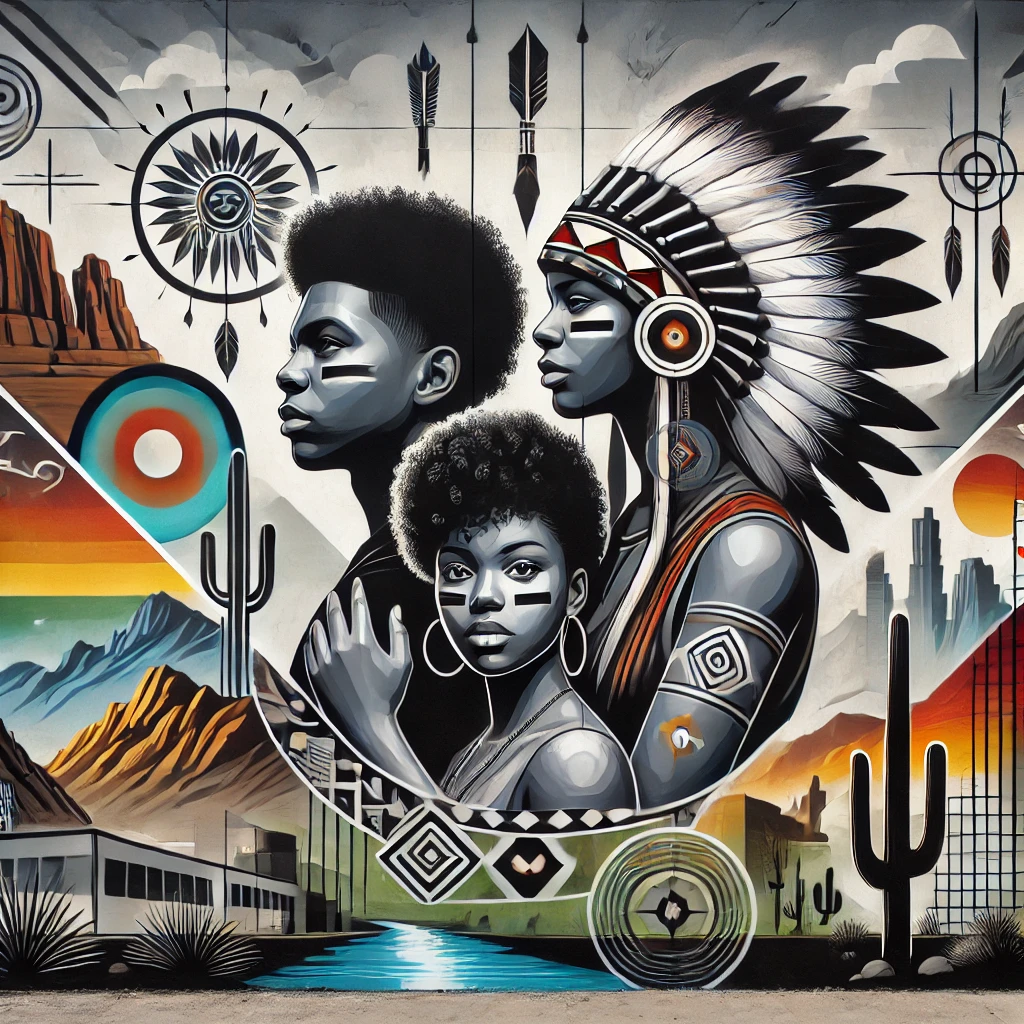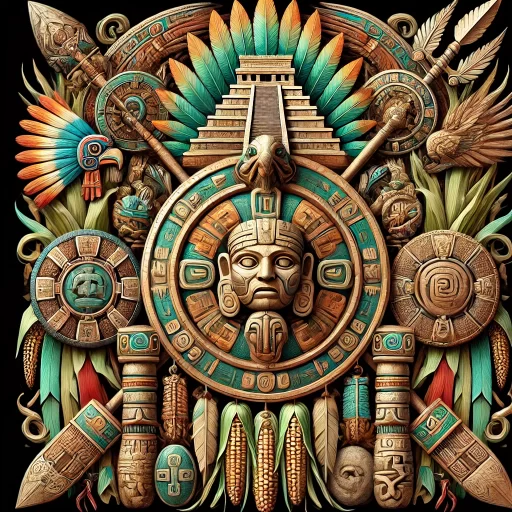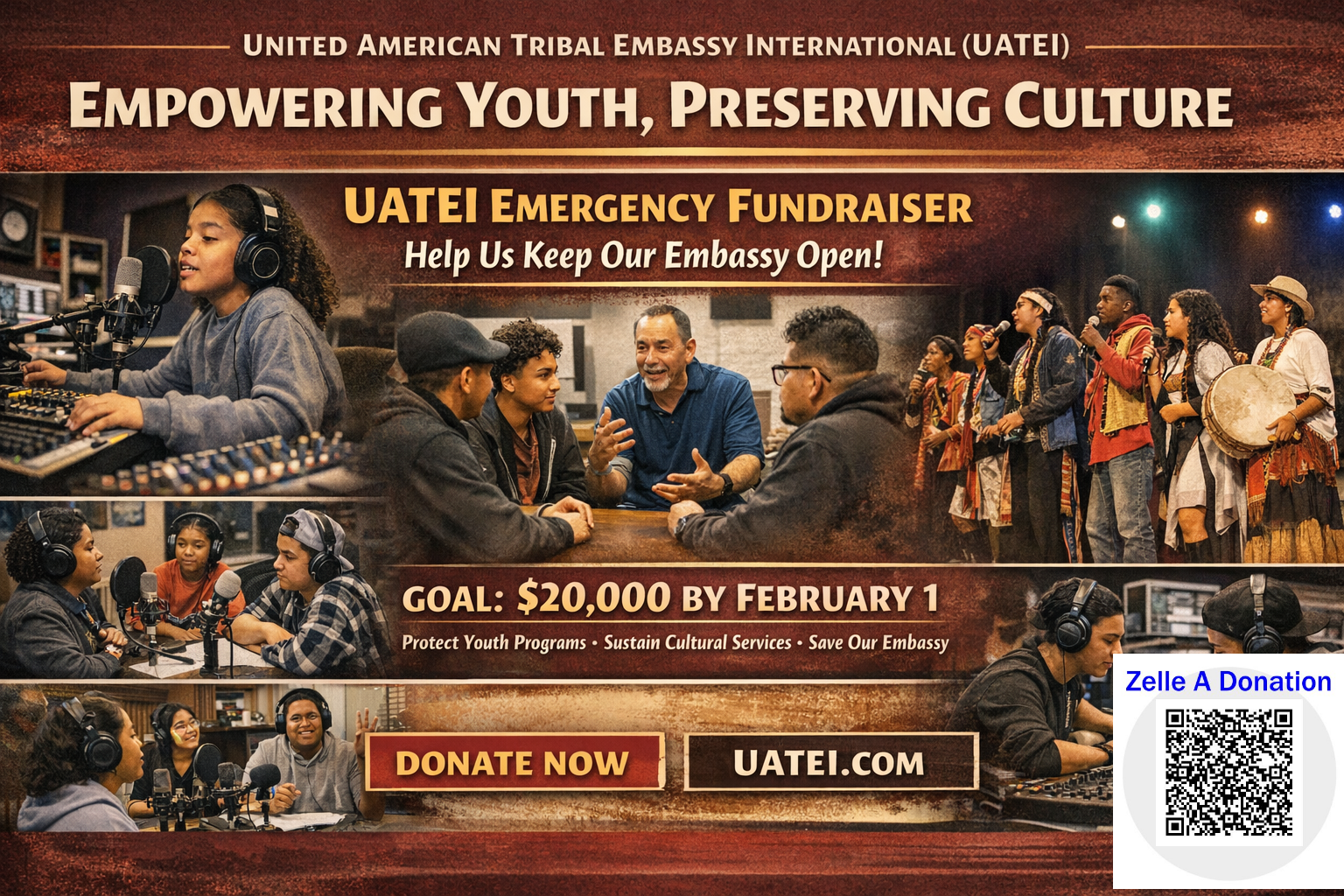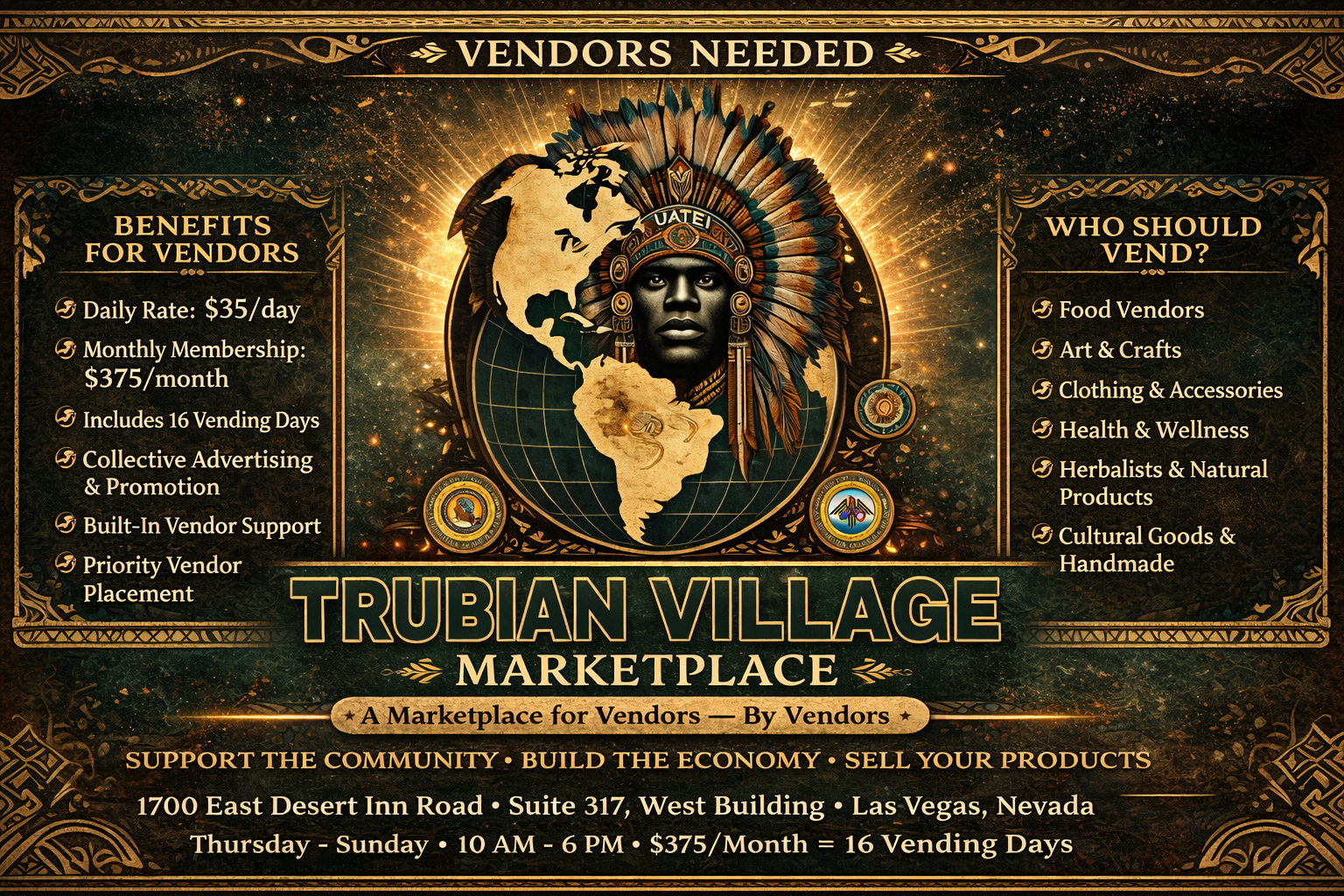Trubian Village

Cultural Renaissance
The Emerging Aborigines Of America
Contrary to popular belief, the ancient population of Americans exist within the misclassified population known as Colored, Black, Negro, and now African-American.

UATEI
Welcome to Aborigines of America
Honoring Our Roots, Building Our Future
Welcome to Aborigines of America, the premier online community dedicated to uniting Indigenous people across the Americas. This is your space to connect, collaborate, and cultivate relationships that empower our nations and communities. Here, we honor the legacy of our ancestors and celebrate the resilience of our heritage while building pathways toward a brighter future. Whether you are here to network with like-minded individuals, share cultural wisdom, or contribute to the collective effort of nation-building, you are a vital part of this growing movement. Together, we can forge a sustainable, sovereign, and culturally enriched future, rooted in the shared values of our people. Welcome to the journey. Welcome home. Join us as we shape a legacy that honors our past and inspires generations to come.

